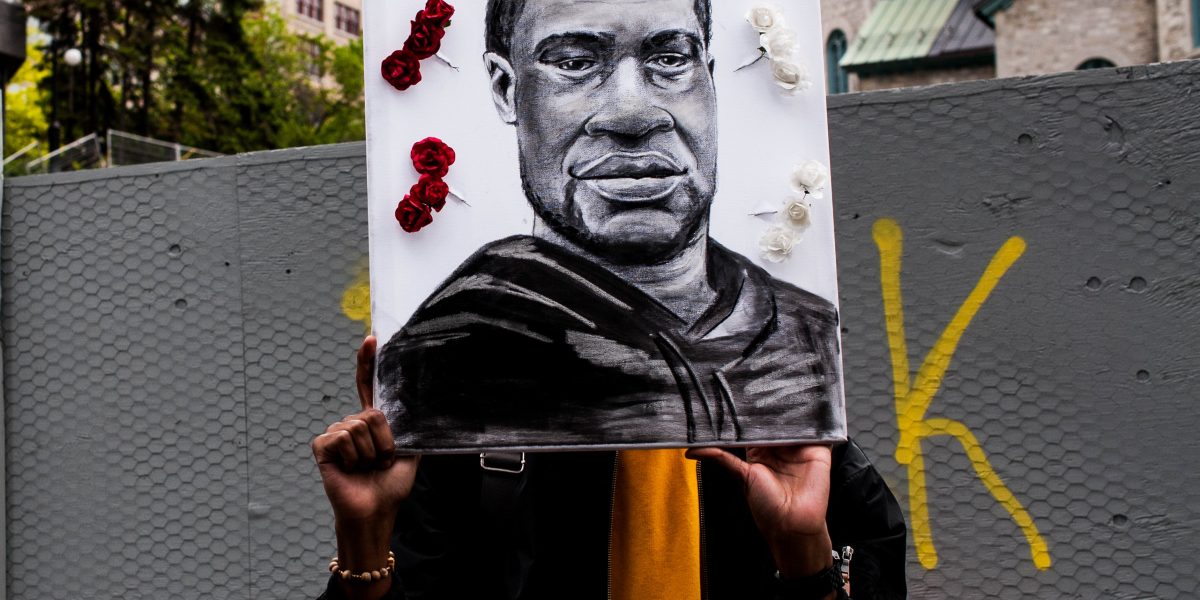Thousands of people took to the streets in the Twin Cities following George Floyd’s death in late May. While face masks were a regular sight amongst protesters, health experts warned that COVID-19 can spread easily and quickly in such large groups — close together for long periods of time.
In a recent press conference, Minnesota health officials said it’s encouraging to see that COVID-19 numbers haven’t spiked since the protests — or from the state’s gradual reopening — but that it’s still a bit too soon to make any conclusions.
“I will say, we’re learning from the experiences of other states. It might be prudent to give it a little bit longer window to see the effects of environmental changes whether that’s in reopening or protests,” said health commissioner Jan Malcolm.
Despite the low numbers being reported of COVID-19 cases linked to protests, health officials are still encouraging anyone who participated in any way to get tested. This includes anyone who attended a vigil, helped clean up, and so on.
Testing is being offered by the state on Tuesdays and Wednesdays, 11 a.m. to 6 p.m. through June 24 in the Twin Cities area. To find a nearby location, visit the MN Department of Health’s website.
What is it like to get tested?


 Commercial Tobacco Users More Likely to Have Severe Health Crisis If They Get COVID19
Commercial Tobacco Users More Likely to Have Severe Health Crisis If They Get COVID19